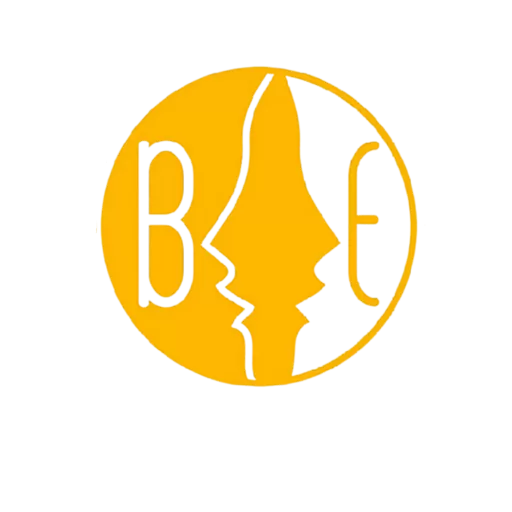From the age of ten, Joseph Mario Mayala harbored a profound love for music, using it to express his emotions and those of others with remarkable sensitivity. A former student of Frères du Sacré-Coeur at the Bicentenaire in Port-au-Prince, Mario founded Les Jouvens at fifteen, inspired by the Original Shleu Shleu.
In 1970, when his cousin Milot Toussaint moved to New York, Mario joined the new incarnation of Shleu Shleu, known as Shleu Shleu Deuxième Génération, as the rhythm guitarist. He thrived in the vibrant Haitian music scene, performing compositions from Original Shleu Shleu, based in New York, as well as new works created by the group’s leader, Serge Rosenthal (Soumoumou).
Shleu Shleu Deuxième Génération captivated Haiti’s youth with their elegant and joyful music, inspiring daydreams and drawing crowds to venues like Rond Point Night Club. Their memorable songs—Banda, Angelina, Ace Frapé, Bel Ti Machann (MRSD 1011), Sept Péchés Capitaux, Cap Grandou, and Soleil Levé (MRSD 1005)—evoked enchanting summer and winter nights filled with music and dance.
During the end of June and the beginning of July, when school was out, Haitian youth eagerly attended their idols’ performances. At the Fête de Notre Dame in Petit-Goâve, young and old alike enjoyed the pleasures of summer. By day, they floated on rafts, and by night, they gathered on the beach in serene silence. Amidst the festivities, youthful mischief abounded in the land of Soulouque, with abundant Barbancourt rum and imported whiskey leading to candid moments of youthful blunders and innocent transgressions.
After touring the Antilles and Paris, some members of Shleu Shleu Deuxième Génération aspired to pursue the American dream in New York. Unfortunately, luck did not favor them, and the group disbanded in 1973. Meanwhile, another band began to take shape, rehearsing at Loubert Chancy’s home in Lalue. Supported by Rodrigue Milien and his orchestra, some musicians emigrated to New York, where they formed Skasha. This new band quickly captivated the Haitian community, releasing their first album, Guêpe Pangnol (Maguy Records Stereo 103).
In June 1974, Mario, radiant and charming, became the lead guitarist for Skasha, known as the “Orchestra of Lovers.” His charisma and talent made him a beloved figure within the band. He remained with Skasha until 1995–1996, leaving for reasons he never disclosed.
Joseph Mario Mayala was a man who rarely expressed his emotions verbally; instead, he conveyed them through his music. During his tenure with Skasha, he composed numerous captivating and enchanting songs, including Edem Rele Café, Vérité, Voisine Françoise, Azipitam, La Nature, Alexis, Tou Tan Se W, Men Numewo A, Sérénade, Sé Normal, Caimite Créole, and Ben Ban.
Together with Gérard Daniel, the “Prefect of Brooklyn,” Mario launched GM Connection, where the song Mambo Cia was born from his imagination.
For those who listened to or danced to Konpa, Joseph Mario Mayala was an exemplary figure—an innovator constantly seeking modern concepts to delight his audience. Renowned for his boundless creativity, his guiding principle was always to write and compose music that soothed the soul and softened the blows of life’s challenges.
Born on November 28, 1955, Joseph Mario Mayala passed away on August 2, 1996, due to an aneurysm. His legacy as a visionary and creator in Haitian music continues to inspire generations.



